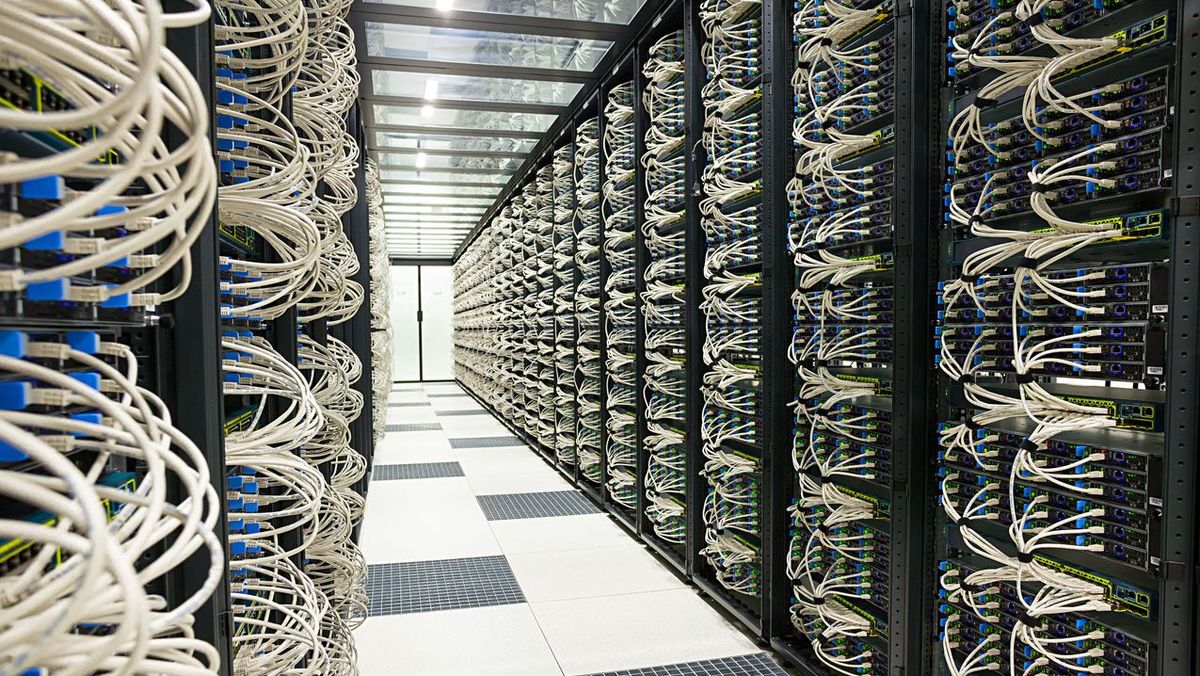A report by the Treasury Inspector General for Tax Administration (TIGTA) criticized the IRS's decision to close its “Technical Retirement Office.”
Tasked with “identifying, prioritizing and executing the upgrade, replacement or retirement of legacy systems,” the office was decommissioned to “strategically reduce the information technology footprint across the enterprise” in 2021, and has not been replaced.
This has left the IRS with 107 legacy systems ready to be retired, but only two have decommissioning plans in place, the report noted, potentially putting the department at risk of being attacked.
IRS Disruption
The report highlights the organization's need for a program that can oversee the decommissioning of old IT systems. This comes after the IRS faced “disruptions” as a result of outdated systems, some of them more than 20 years old. More than 20% of the software and 8% of the hardware the IRS uses is classified as “legacy,” meaning that deficiencies are deeply embedded in how they operate.
Technology is certainly at the heart of many organizations and businesses today, but the cost of replacing outdated systems can be a burden for many. IRS IT infrastructure spending increased 35% between 2019 and 2023, and is expected to continue to rise until legacy systems are retired.
What are the risks?
The IRS isn’t alone in relying on outdated software: A Dell report showed that more than 70% of the software used by Fortune 500 companies was developed 20 years or more ago. Outdated systems leave organizations vulnerable to data breaches and cybersecurity attacks, costing businesses more than $1 million on average. The expenses don’t end there: an estimated 60-80% of IT budgets on average go toward maintaining existing on-premises hardware and legacy applications.
These systems are not only costly for the organization, but also for the planet. Legacy infrastructure could be responsible for more than a third of a company’s total energy consumption, making it difficult to meet sustainability goals.
Keeping infrastructure up to date helps keep a company's data secure and reduce costs.
Through The Registry









